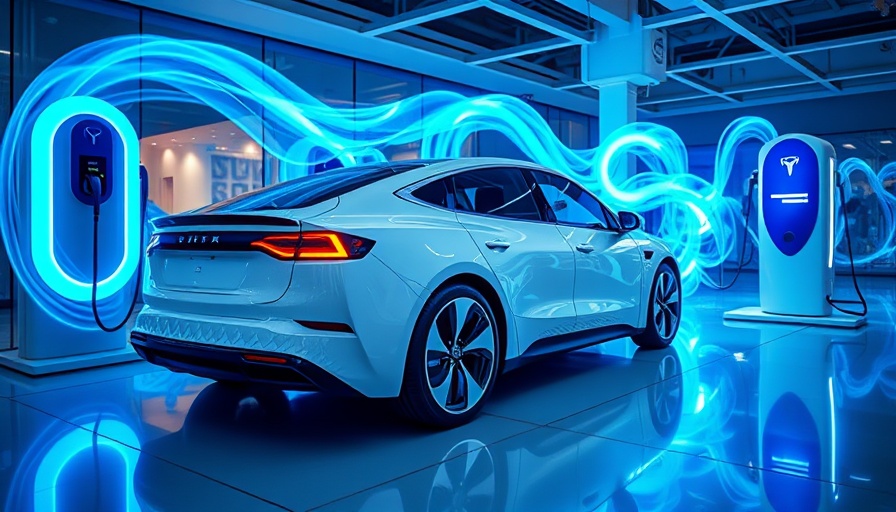
The UK’s New Zero Emission Vehicle Mandate: What You Need to Know
The UK government recently announced significant changes to the Zero Emission Vehicle (ZEV) Mandate aimed at supporting the automotive industry as it pivots towards electric vehicles (EVs). The revised measures are tailored to ease the transition for car manufacturers while ensuring sustainability targets remain achievable.
Flexibility Within The Mandate
One of the key changes is increased flexibility for manufacturers until 2030. This includes allowing hybrid vehicles to remain on the market until 2035 and permitting supercar brands like McLaren and Aston Martin to be exempt from ZEV targets. Such adjustments reflect the government’s recognition of the pressures faced by the industry amid global shifts.
Government’s Commitment to Automotive Innovation
Prime Minister Keir Starmer emphasized the urgency for innovation in the automotive sector, stating that the UK must adapt to global economic transformations. He reiterated the importance of supporting home-grown companies to export British cars globally, which aims to not just boost the industry, but also to enhance economic growth. Starmer’s approach encourages confidence within the sector and among consumers, fostering an environment conducive to embracing electric mobility.
Industry Leaders Respond to Changes
Mike Hawes, CEO of the Society of Motor Manufacturers and Traders (SMMT), welcomed the government’s responsiveness to industry pressures. He highlighted that while manufacturers are committed to reducing carbon footprints, there remains a critical need for robust incentives to drive consumer demand for EVs. This sentiment echoes throughout the industry, with many stakeholders calling for financial support to encourage the switch away from internal combustion engine vehicles.
Looking Ahead
As the global automotive market evolves, the ZEV Mandate adjustments signal a pivotal moment not just for UK manufacturers but for consumers who will rely more heavily on electric vehicles. While these changes aim to alleviate immediate concerns and foster confidence, the long-term success will depend on continued innovation and substantial incentives to facilitate widespread EV adoption.
 Add Row
Add Row  Add
Add 




 Add Row
Add Row  Add
Add 

Write A Comment